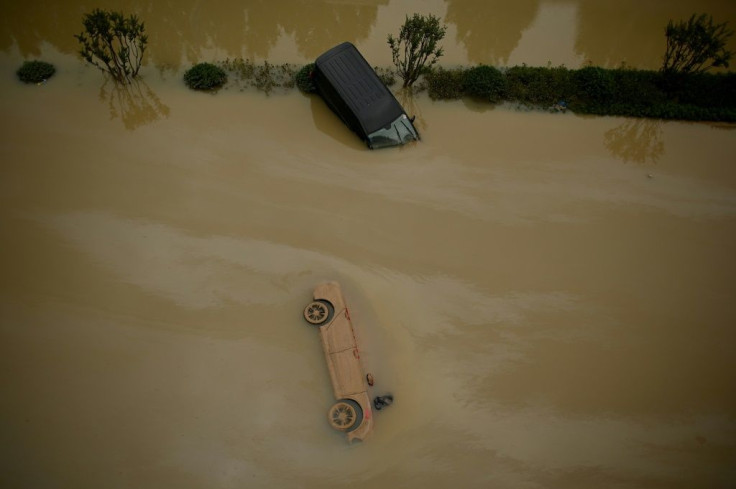World Meteorological Day: Significance, Ways To Observe
World Meteorological Day is observed on March 23 every year to commemorate the establishment of the World Meteorological Organization (WMO) on this day in 1950. Themes for the event highlight significant weather- and climate-related issues.
World Meteorological Day has been observed since 1961, and each year has a different theme, according to the WMO. For instance, the theme in 2017 was about "Understanding Clouds," while the theme in 2014 was about "Engaging Youth" in climate and weather.
For 2022, the theme for the observance is "Early Warning and Early Action." As the WMO noted, climate change has caused extreme weather and climate events to become more frequent, leaving much more vulnerable and exposed. Therefore, simply forecasting what the weather will be is "no longer enough."
"Impact-based forecasts that inform the public of what the weather will do are vital to saving lives and livelihoods," the WMO said. "Yet, one in three people are still not adequately covered by early warning systems."
As such, this year's theme celebrates the advancements that have improved early warning systems. It also highlights the importance of early warnings that lead to early action.
Flash floods are among the world’s deadliest natural disasters.
— World Meteorological Organization (@WMO) March 22, 2022
Tomorrow on #WorldMetDay – 23 March – we highlight the critical role of early warning systems and early action as an adaptive measure for climate change.
More ➡️ https://t.co/H6iMyouzBv.
🤝@USAID @NOAA pic.twitter.com/Zh51Qr5YA3
A simple way for people to observe World Meteorological Day would be to take some time to watch their local weather channel to get to know the weather in their area and the meteorologists who provide vital pieces of information. They can also do some research on the important ways they can prepare for possible disasters in their respective locations.
Moreover, people can spread the word about the observance and the importance of its theme by sharing downloadable promotional materials, such as the posters provided by the WMO. These are available in languages such as Arabic, Chinese, French, English and Spanish.
People can also watch the WMO program to mark the event on YouTube or catch it via Zoom, where interpretations to other languages are available.
Another significant way that people can observe World Meteorological Day would be to donate or volunteer to disaster relief organizations. Extreme weather and climate events can be devastating, and those affected by these events can certainly use any assistance other people can give.
"WMO's vision is that by 2030, we see a world where all nations, especially the most vulnerable, are more resilient to the socioeconomic consequences of extreme weather, climate, water and other environmental events," WMO Secretary-General Petteri Taalas said in a statement for World Meteorological Day. "Early warnings work. They must work for everyone. They must lead to early action."

© Copyright IBTimes 2025. All rights reserved.






















